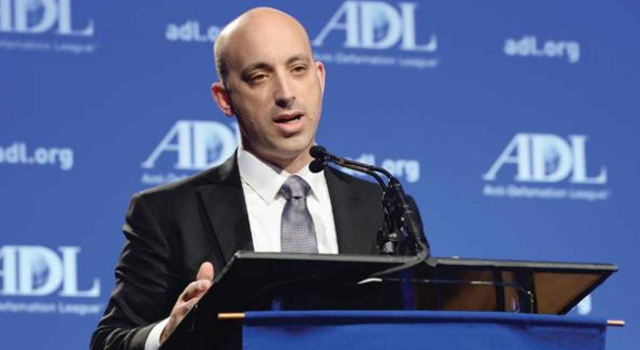Renowned Israeli stem-cell researcher in Fairfield Aug. 6
By Cindy Mindell
A leading Israeli scientist who has pioneered groundbreaking stem-cell reprogamming research will discuss his work on Wednesday, Aug. 6 at Jewish Senior Services in Fairfield.
Together with a team of researchers at the Weizmann Institute of Science Department of Molecular Genetics in Rehovot, Israel, Dr. Jacob (Yaqub) Hanna has overcome a major roadblock in the use of human stem cells for medical purposes. Funded by a grant from the Israel Cancer Research Fund, their pioneering breakthrough was recently published in the peer-reviewed international science journal, Nature.
It’s not only Hanna’s work that is note-worthy: the award-winning research scientist is a Palestinian living in Israel, a native of Kafr Rama in the Galilee and the son of two medical doctors.
Hanna earned a BS in medical sciences summa cum laude in 2001, an MS in microbiology and immunology in 2003, and a PhD-MD in immunology summa cum laude in 2007, all from the Hebrew University of Jerusalem, where he was among the top five percent of all Israeli medical-school graduates. After completing his PhD, Hanna decided to abandon clinical medicine and focus on research, and spent four years conducting postdoctoral research in the lab, part of the Whitehead Institute for Biomedical Research at MIT.
During his postdoctoral work, Hanna was the first non-American to receive a prestigious Novartis Fellowship from the Helen Hay Whitney Foundation. He joined the Weizmann Institute Department of Molecular Genetics upon his return to Israel in 2011. That year, he received the Clore Prize for distinguished new faculty at the Weizmann Institute and was accepted as a Yigal Alon Program Scholar for junior faculty in Israel. He is also the recipient of the Wolf Foundation’s Krill Prize for Excellence in Scientific Research and the 2013 Rappaport Prize in Biomedical Research.
Hanna has had to find a way to navigate between his personal and professional identities.
As a medical school student, Hanna was active in educating young people and has been active in Arab schools since returning to Israel at age 30. “I’m very attached to Arab society, but I don’t limit myself exclusively to that society,” he says. “I consider this region with all its citizens as my home and people, no matter what politicians like to call it. I hope these hard times end very soon and that politicians work it out so that everybody can move on.”
Stem cells have the ability to develop into different types of cells in the body. When a stem cell divides, each new cell can either remain the same or become another type of cell with a different function – such as a brain cell, red blood cell, or muscle cell. These cells possess the enormous potential to treat and cure many medical problems, including spinal-cord injury, diabetes, heart disease, and blood disorders, and even to grow organs for transplantation.
Researchers have known how to “reprogram” cells to behave like embryonic cells. But the process is slow, taking up to four weeks and with limited success. Hanna and his colleagues showed how to shorten the process to eight days, with 100 percent results. These findings may help facilitate the production of stem cells for medical use, as well as advancing our understanding of the mysterious process by which adult cells can revert back into their original, embryonic state.
Israel Cancer Research Fund presents “Stem Cells: Promises and Reality” with Dr. Jacob (Yaqub) Hanna: Wednesday, Aug. 6, 7:30 p.m., Jewish Senior Services, 175 Jefferson St., Fairfield. RSVP to david.kweskin@icrfonline.org, (203) 321-1006.
Comments? email cindym@jewishledger.com.
 Southern New England Jewish Ledger
Southern New England Jewish Ledger



